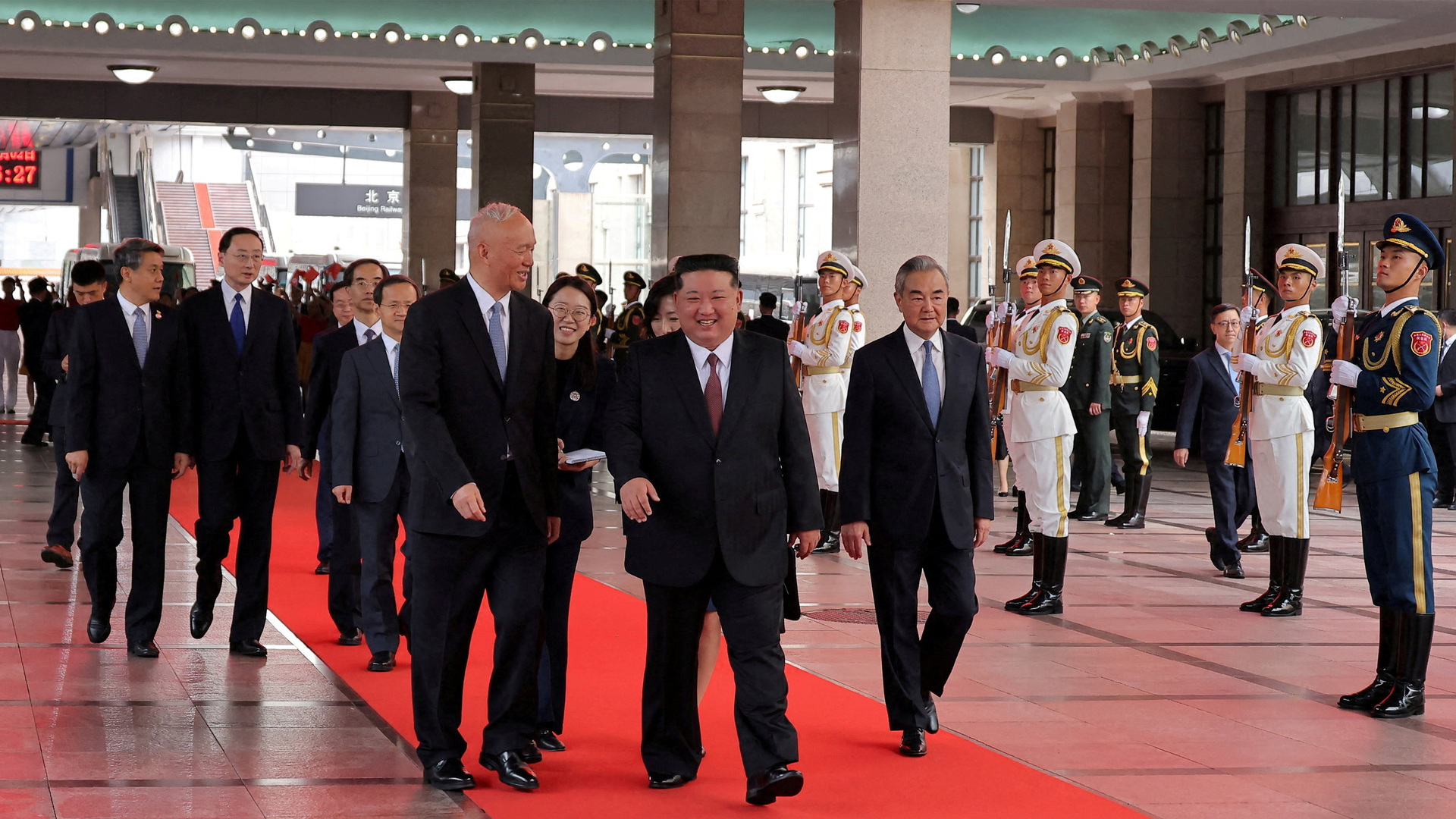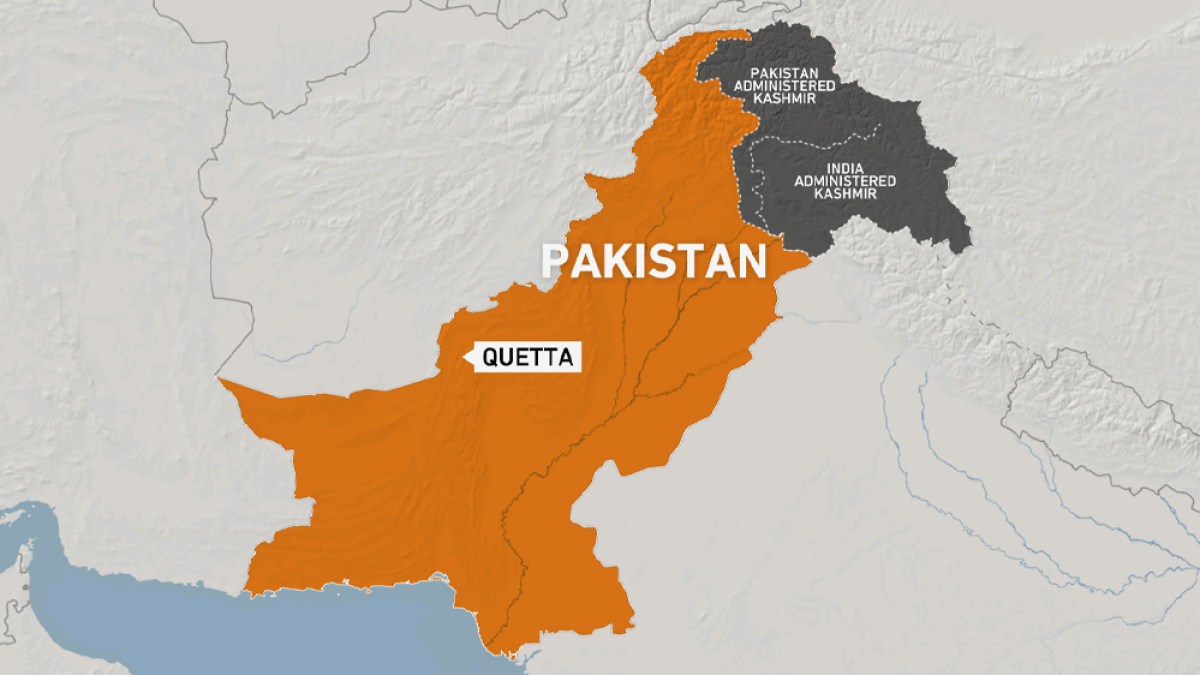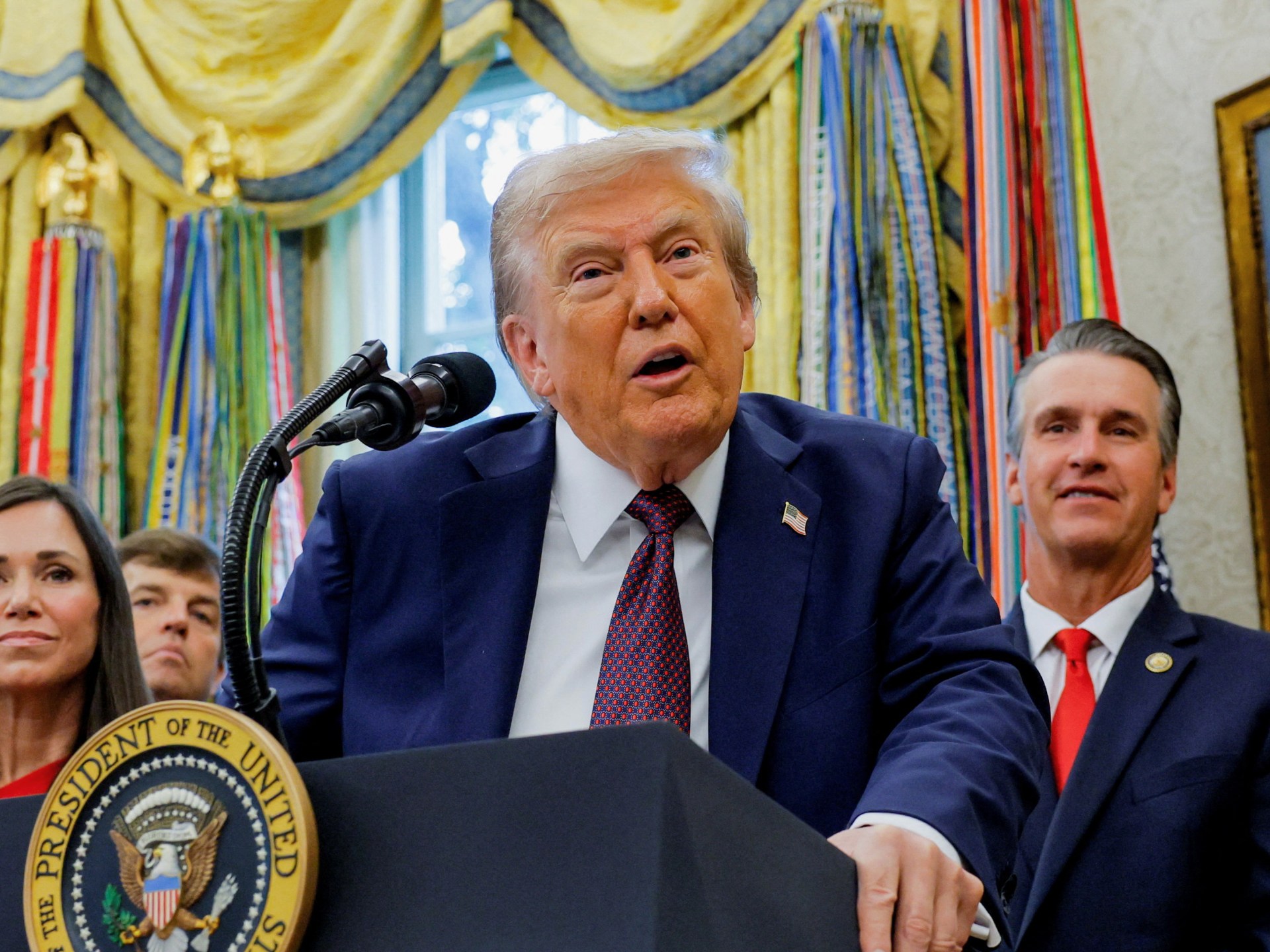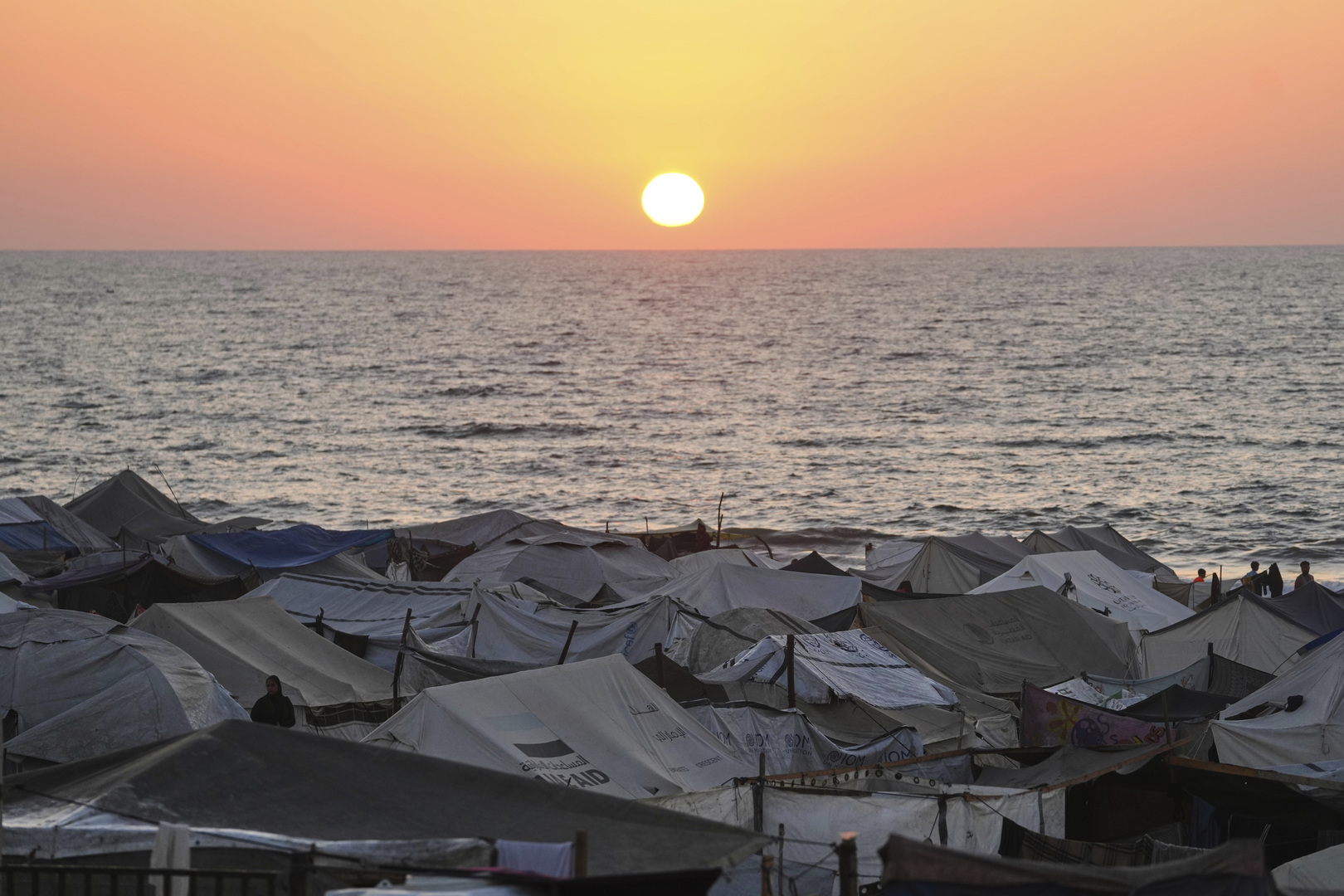Asisat Oshoala, a Nigerian forward, left Bay FC for Saudi Women’s Premier League side Al-Hilal.
The agreement’s terms were not made public. The 30-year-old international from Nigeria signed a two-year deal with Al-Hilal.
Oshoala left Barcelona for Bay FC in the beginning of its 2024 season, where she won two Women’s Champions League titles. In her first year with the San Francisco Bay Area team, she scored a team-high seven goals.
In the 17th minute of a game between Angel City and Bay FC, the 30-year-old scored the club’s first franchise goal on March 17, 2024.
Asisat has been a significant player in Bay FC history, not just because of her physical exertion but also because of the energy, professionalism, and kindness she consistently brought to the field,” according to Matt Patter, the sporting director of Bay on Tuesday.
We are appreciative of everything she contributed to our club during its first season because she is a top player and an even better person.
Oshoala, who won her sixth Africa Cup of Nations title in July, was a member of the Nigerian team that won its 10th African Cup of Nations title. She was also a six-time African player of the year.
Oshoala, who was born in Ikorodu, was also the first African woman to receive the Ballon d’Or award, a title that is given annually to honor the best player in the world.
She was denied the Spain’s Alexia Putellas with the 2022 award. She received her sixth and final African Women’s Player of the Year award in that year.





